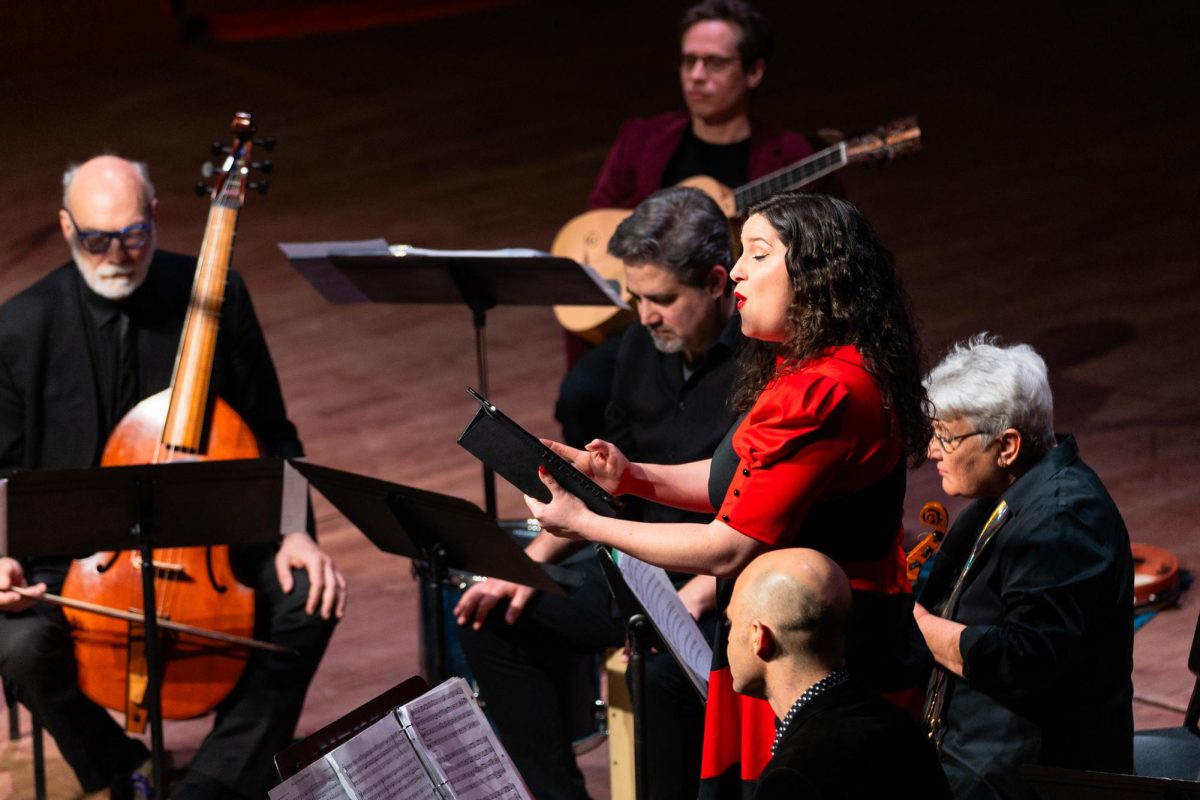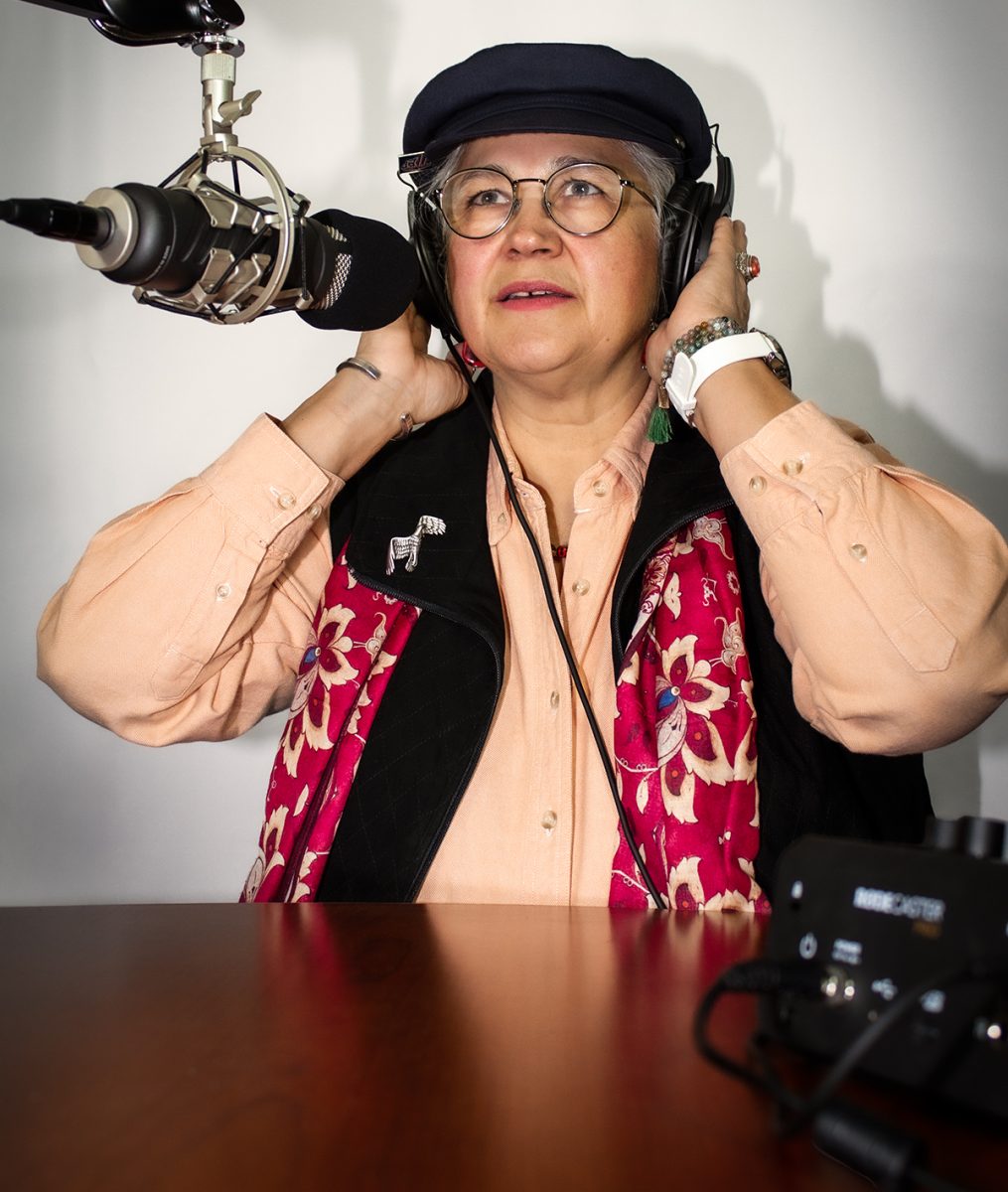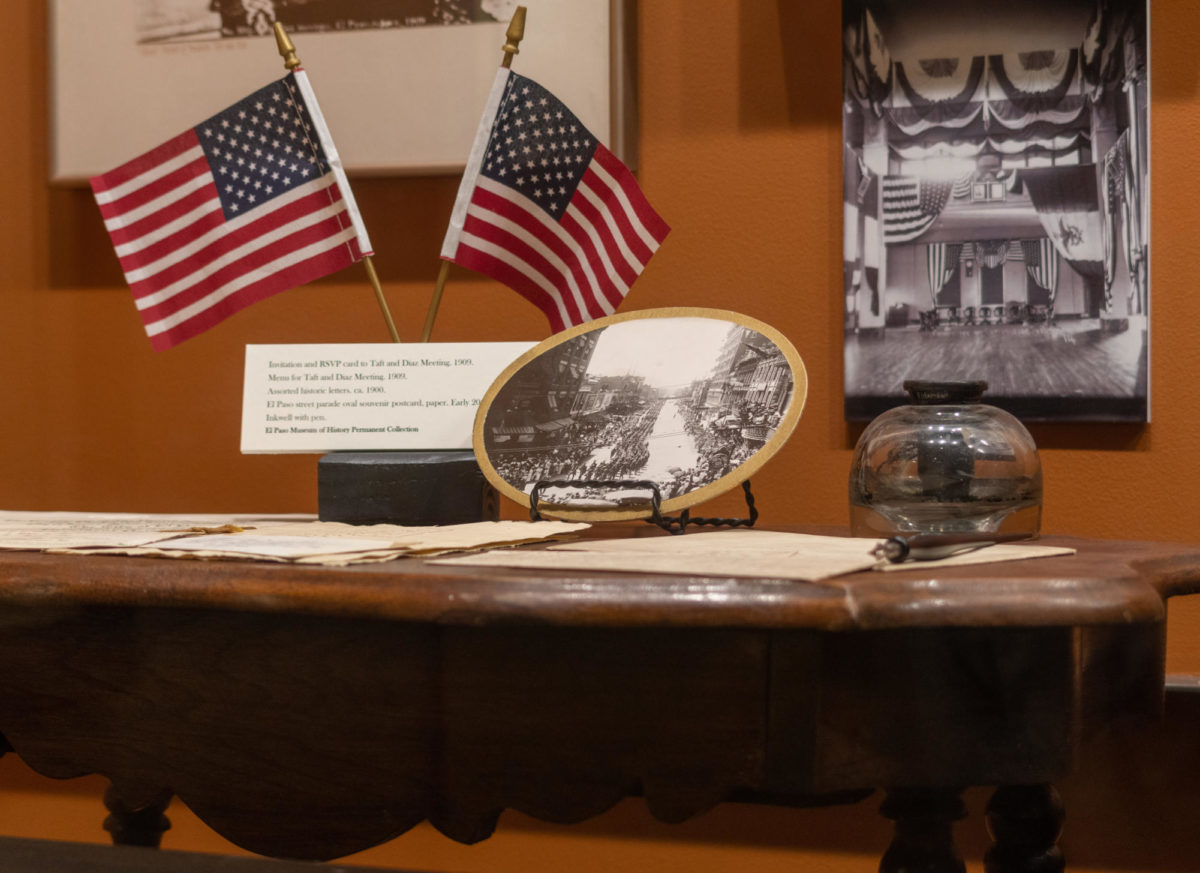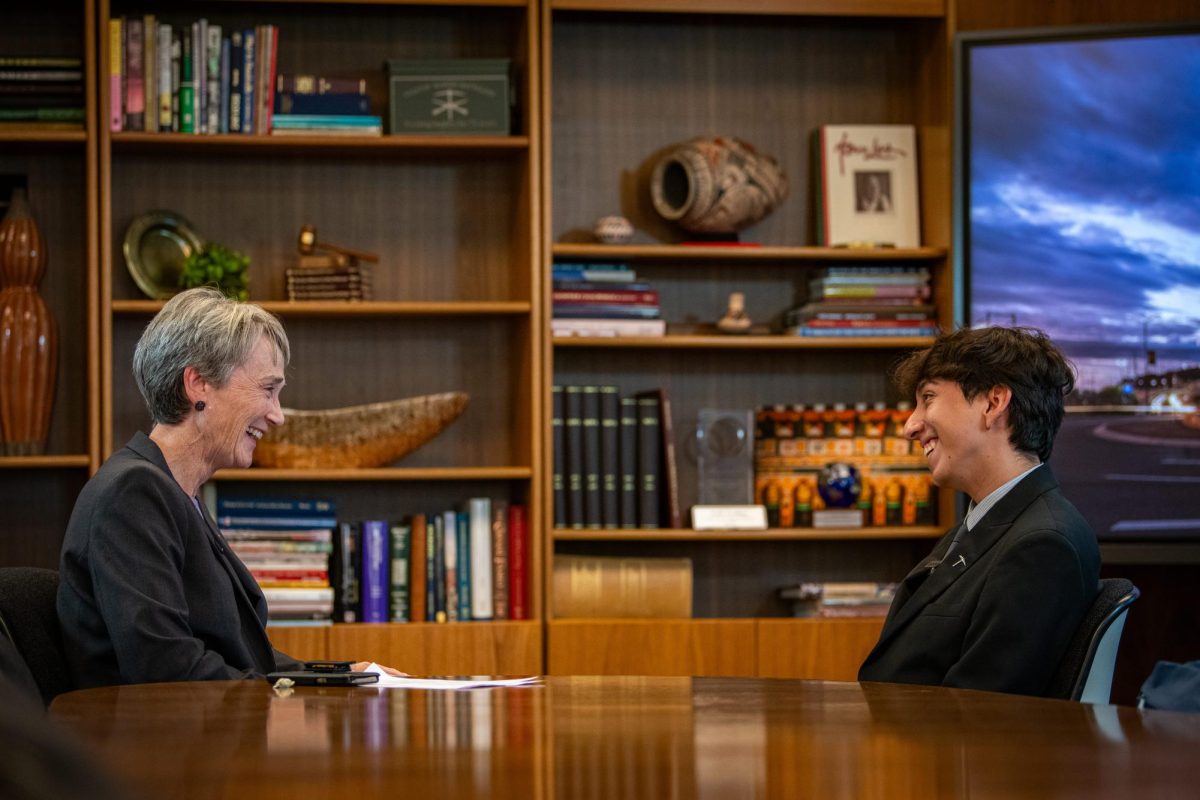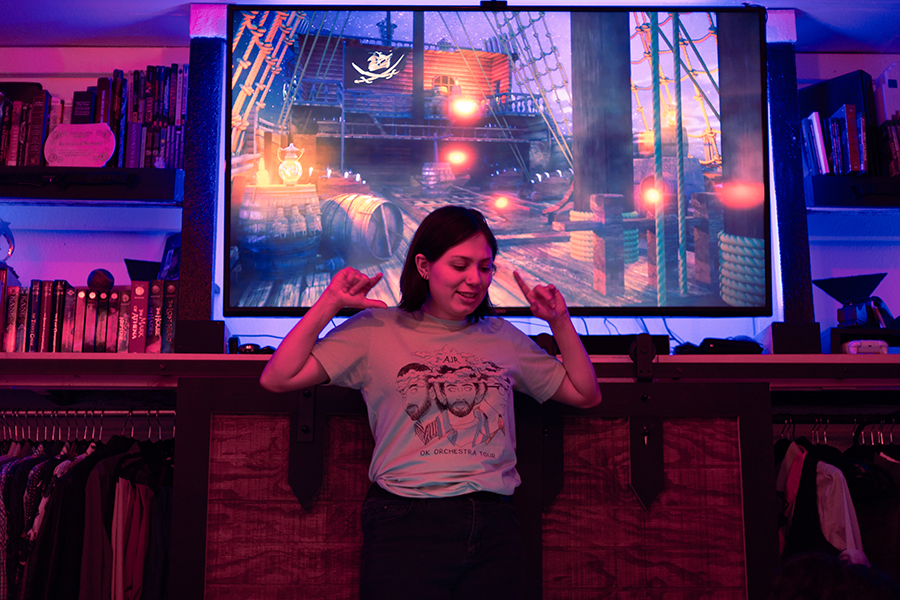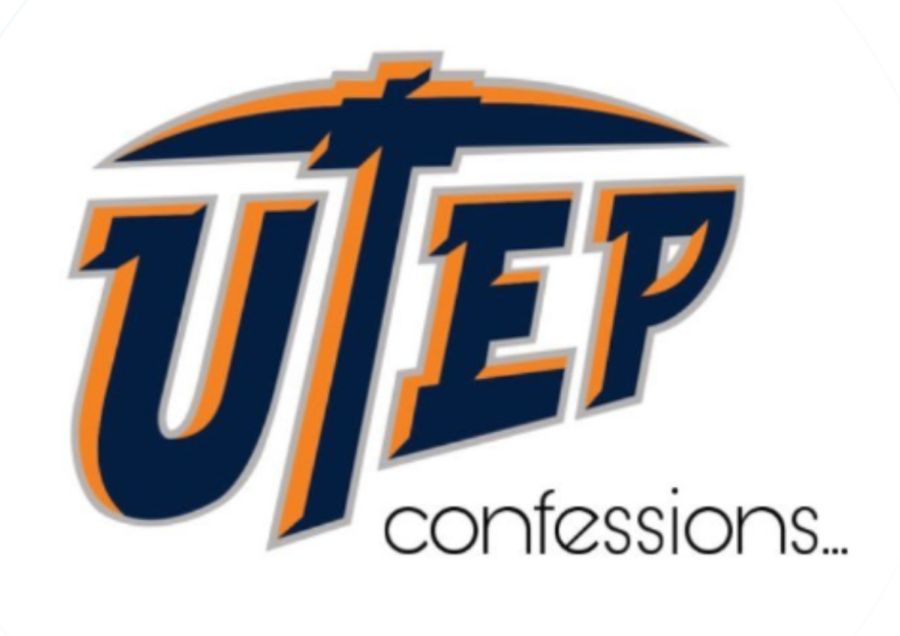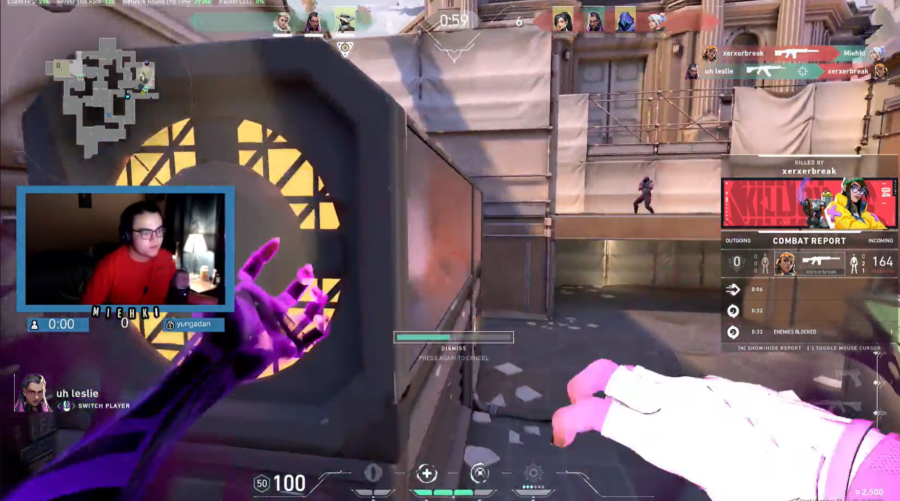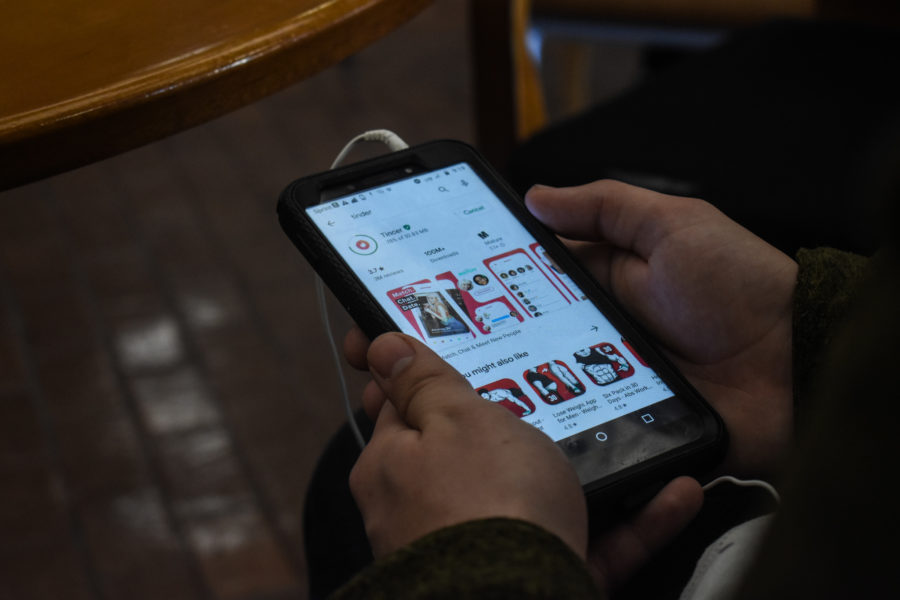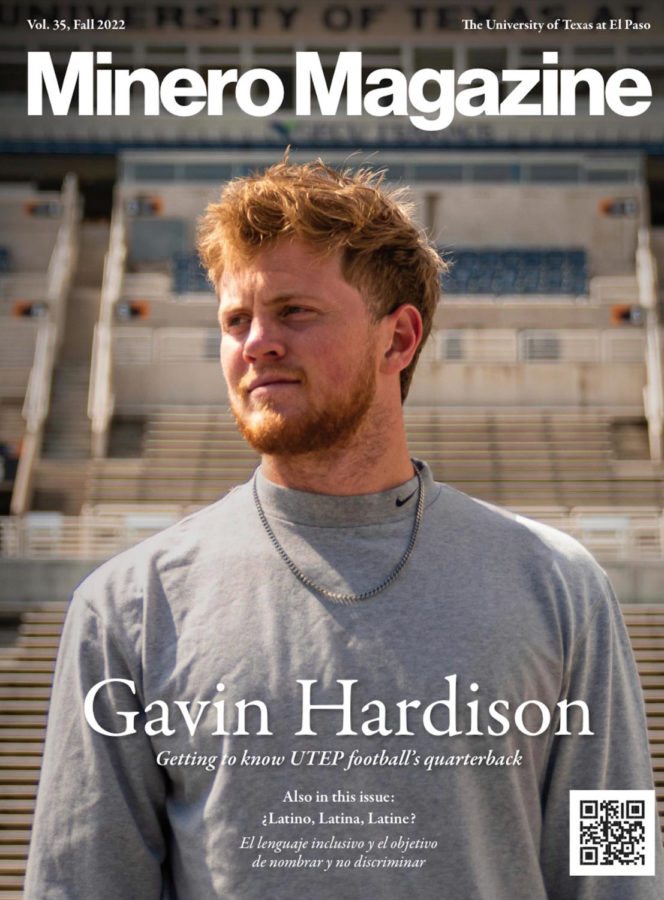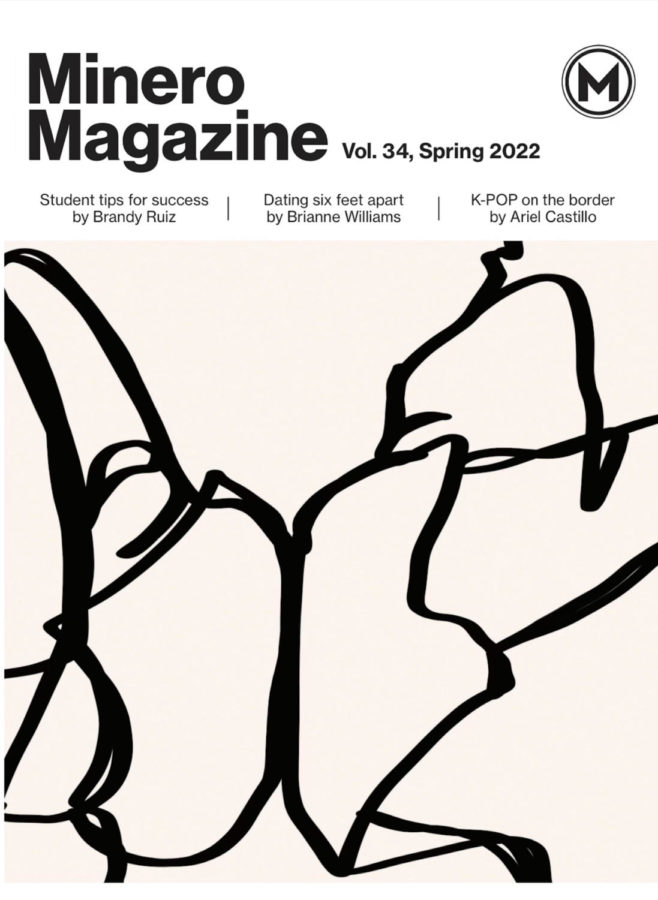The University Writing Center at the University of Texas at El Paso helps students with their writing needs. A service that on paper appears to be no more than correcting commas, punctuation and essay content also helps students feel more confident in their writing and improve their grades. But the pandemic forced the UWC to quickly adapt to fully online sessions midway through the Spring 2020 semester, as it functions now.
However, losing face-to-face interaction did not result in fewer sessions or fewer students but the opposite. Lou Herman, UWC director, explained how he and his UTEP student-employees had to make quick adjustments, such as offering email revisions to continue assisting students without skipping a beat.
“Before the pandemic hit, we offered synchronous online writing help for UTEP students. It had been important previously to offer several different methods for students to get in touch with us. Being available online was just supplemental to being available in-person,” Herman said. “However, going 100% online meant that we needed to be available online as if we were in-person and then supplement that access with something else.”
On top of the continued and now higher volume of synchronous online assistance, the UWC also began offering email revisions, a considerable departure from the standard system they normally operated under.
While this takes away the direct interaction and explanation of revising papers the UWC used to offer. The email system allows the UWC to help students who struggle with consistent and reliable internet service and keep up with the high number of students going to them for assistance.
“Those who would rely on visiting us in-person regularly might have been doing so because they did not have reliable internet access at home or even a computer that would be able to manage the online software we initially used. So we implemented an asynchronous email system to go along with our synchronous system,” Herman said.
The shift to online consultations for the UWC also meant adapting and adjusting to the new operating system for the student-employees.
Daniela Salgado, 22, is a Psychology major at UTEP and has been a consultant at the UWC for nearly two years.
“I had to invest in a new laptop, a desk and a headset to be able to continue working. Later on, the steady workload increase along with the occasional Wi-Fi issues caused some stress in my life,” Salgado said. “However, I have learned to do the best with what I have. Seeing the bigger picture, it is not my work that is causing this stress. It is caused by the medium through which I have had to do it for the last semester.”
Despite going online, the UWC saw an increase in traffic, so the adjustment for consultants like Salgado came with little breathing room.
“Since the UWC went fully online, the work I do has remained mostly the same. However, the amount of work has certainly increased. I think this has to do with the accessibility that the online modality offers. It is much easier to email your paper or access a link to have a live session from the comfort of your living room than having to drive to campus, visit the library, and wait for a face-to-face session,” Salgado said.
But the UWC consultants were “total champs,” as Herman described them. Being students, they knew that their assistance was more vital than ever and that the higher loads of work were work created from fellow students and peers having less access to feedback on papers and assignments.
Salgado is aware of the technical issues that she or other students can face but despite them, she wants to continue helping students improve their writing and their grades.
As the UWC awaits when they’ll reopen their doors and welcome students, Herman acknowledges the change in impact that online sessions are having. While it took an adjustment to teach a new cohort of grad students how to use Blackboard via Blackboard, the most considerable change has been the approach of consulting.
The change was a tradeoff. Not having face-to-face revisions meant less comprehensive or direct communication with students; instead of explaining a recurrent comma misuse issue or repetitive content between paragraphs, a modification via email could be just a single comma correction.
Herman said about the change that “it is not the most pedagogically sound approach to the tutoring of writing, but it did widen our availability to many students. Whereas before, the synchronous system we had set up was designed to mostly help students who were part of the Extended University of UTEP’s online degrees (which also mostly meant that those students already had reliable internet access and technology to operate in that mode). The pandemic shift changed all that, and suddenly we found that there were students who needed a more low-tech way of getting in touch with us.”
Another large element in UWC‘s service was therapeutic. In-person consultations, students didn’t just go for help on a paper. They were able to speak to a fellow student about how stressed out they were about the writing, about a professor that doesn’t give clear instructions, about taking too many classes and about anything.
This is one of the central pedagogical approaches to the UWC: Herman’s two peers discussing writing and not just grammatical correction. This is a more relaxed power dynamic that helps students improve their writing while not feeling judged or condemned.
Salgado described her duty as a UWC consultant as providing guidance through any step of the student’s writing process.
Herman explained what that change has looked like saying, ”instituting an email system takes a lot of that therapy out of the session. While we might be able to read a stressed tone, or maybe some worried thought process, in a student’s paper – without having them sit next to us and talk, read body language, ask questions, we cannot be that therapeutic outlet anymore. Though, we still try, give lots of words of encouragement, and follow up with students where we need to be.”
Herman last met with his staff nearly a year ago, on March 13th of 2020.
“I think that the consultants that were working when the pandemic hit, and we shifted to 100% remote assistance, were at first looking for an outlet and a way to remain connected to the family we had built at the Writing Center. As time wore on and we continued to operate 100% online, that connection didn’t change, but I think the trauma of this momentous change started to fall away, and we returned to many of our regular chats and interactions,” Herman said. “Now, it feels almost the same as if we were in-person together. We joke, share videos, talk about pop-culture, just through a different medium.”
The family at the UWC continues to provide assistance and reassurance on just many if not more of students’ essays and writing assignments in a variety of topics and for different classes.
Even though they aren’t physically in the library at the moment, they continue being the tight-knit group of friends they’ve always been and helping as best they can.
“I am hopeful that we will be able to start resuming in-person writing assistance for the Fall semester, but that will depend on a lot of factors and what happens over the next several months,” Herman said.
Visit the UWC to get help with your assignments and to learn about their services.
By Antonio Villaseñor-Baca


